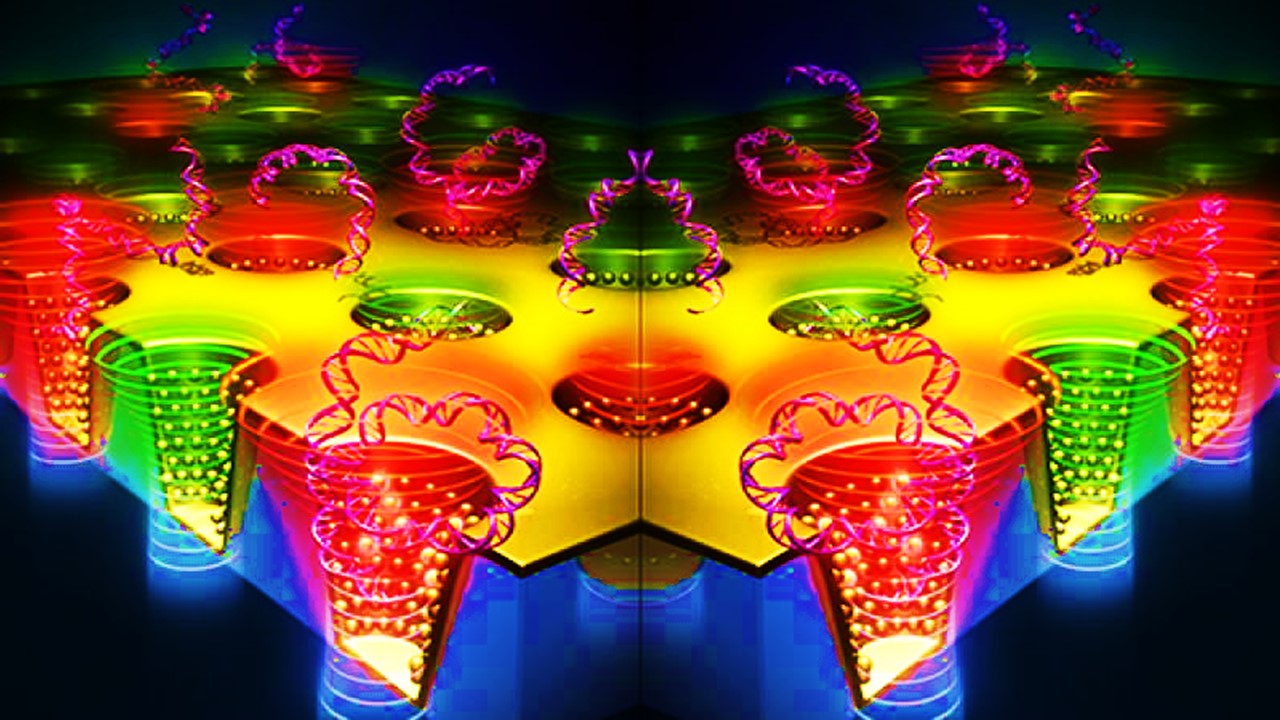One of the most important organs in the human body is the heart. Despite this, and particularly in the early phases of development, we still know very little about how it is constructed. Although useful, studies on animals do not accurately capture the complexities of human heart development (cardiogenesis). Fortunately, new developments in stem cell research have made it possible to produce organoids, which are miniature hearts that can replicate the growth of the human heart. In this blog post, we’ll look at two scientific publications that demonstrate how organoids can help us understand the fundamentals of how the human heart develops and malfunctions.
Epicardioid Single-cell Genomics
Alessandra Moretti, Professor of Regenerative Medicine in Cardiovascular Disease, and her team of researchers from the Technical University of Munich (TUM) demonstrate the development of a novel form of cardiac organoid in their initial paper that was published in Nature Biotechnology. These organoids, known as “epicardioids,” are the first to have both cardiomyocytes, which are heart muscle cells, and epicardial cells, which make up the outer layer of the heart wall. The formation of the heart’s chambers and other cell types depends heavily on the epicardium.
The researchers identified a novel precursor cell type that emerges around the seventh day of organoid development by dissecting individual cells in the epicardioids. This discovery may assist to explain why the adult human heart is virtually completely incapable of self-healing but the fetal heart can. The scientists also demonstrated how the organoids could be utilized to research the ailments of specific people. They created organoids in a Petri dish that mimicked the symptoms of Noonan syndrome using pluripotent stem cells from a patient who had the disorder.
Retinoic Acid Signaling Modulation
In their second study, a group of scientists from the Max Planck Institute of Molecular Cell Biology and Genetics in Dresden, Germany, investigated the use of retinoic acid signaling modulation to direct the in vitro specification of human heart field-specific progenitor pools. Their findings were published in Nature Communications. Congenital heart abnormalities can result from retinoic acid signaling disturbance, which is a crucial component of controlling heart development. The scientists developed a collection of heart progenitor cells that resembled the heart fields during embryonic development using human embryonic stem cells and retinoic acid.
The most important transcription factors and signaling pathways that regulate cardiogenesis were found by the researchers using single-cell RNA sequencing. Additionally, they demonstrated the ability of the retinoic acid-induced heart progenitor cells to develop into a variety of heart cells, including cardiomyocytes, smooth muscle cells, and endothelial cells. This research offers fresh understandings of the molecular processes that control the formation of the heart and may help in the creation of regenerative treatments for heart disease.
Organoid Research at TUM
At TUM, organoid research is an important field of study. A number of organoid projects are being worked on at the TUM Center for Organoid Systems, including the epicardioid model, for which the researchers have filed an international patent application. Pancreas, brain, and heart organoids are the subject of interdisciplinary research conducted by work groups from many departments and chairs. They seek to advance medicine by studying the development of organs, cancer, and neurological illnesses using cutting-edge imaging and cellular analysis techniques.
Future of Cardiology Research
Organoids are a promising research tool for examining illnesses and the early phases of human heart development. Researchers now have a better understanding of the function of the epicardium in the growth and repair of the heart thanks to the development of epicardioids. The modification of retinoic acid signaling has revealed fresh information on the molecular processes that regulate cardiogenesis. We can anticipate additional discoveries and advancements as organoid research develops, which could ultimately result in improved treatments for heart disorders and other conditions.
Study DOIs: 10.1038/s41587-023-01718-7 & 10.1038/s41467-023-36764-x
Subscribe
to get our
LATEST NEWS
Related Posts

Molecular Biology & Biotechnology
Myosin’s Molecular Toggle: How Dimerization of the Globular Tail Domain Controls the Motor Function of Myo5a
Myo5a exists in either an inhibited, triangulated rest or an extended, motile activation, each conformation dictated by the interplay between the GTD and its surroundings.

Drug Discovery Biology
Unlocking GPCR Mysteries: How Surface Plasmon Resonance Fragment Screening Revolutionizes Drug Discovery for Membrane Proteins
Surface plasmon resonance has emerged as a cornerstone of fragment-based drug discovery, particularly for GPCRs.
Read More Articles
Designing Better Sugar Stoppers: Engineering Selective α-Glucosidase Inhibitors via Fragment-Based Dynamic Chemistry
One of the most pressing challenges in anti-diabetic therapy is reducing the unpleasant and often debilitating gastrointestinal side effects that accompany α-amylase inhibition.













